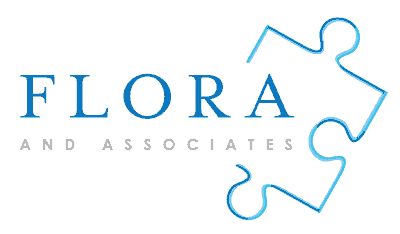WORLD DOWN SYNDROME DAY
Down Syndrome is a developmental disability occurring when an individual has a full or partial extra copy of chromosome 21. This additional genetic material alters the course of development and causes various characteristics associated with Down Syndrome. March 21 was specifically chosen to be World Down Syndrome Day (WDSD) because it is the 21st day of the 3rd month, thus signifying the uniqueness of the triplication (trisomy) of the 21st chromosome.
Down Syndrome is currently the most commonly occurring chromosomal disorder, which affects one in every 700 babies born in the United States each year. Individuals with Down Syndrome have an increased risk for certain medical conditions such as congenital heart defects, respiratory and hearing problems, Alzheimer’s disease, childhood leukemia and thyroid conditions. Physical traits of Down Syndrome include low muscle tone, small stature, an upward slant to the eyes, shorter limbs, smaller hands and feet, and a single deep crease across the center of the palm.
Individuals with Down Syndrome can lead fulfilling and productive lives. They can attend school, work, participate in decisions that affect them, have meaningful relationships, vote and be active members of their communities. Despite experiencing cognitive delays, most individuals with Down Syndrome are able to utilize their many strengths and talents to be an active part of society.
